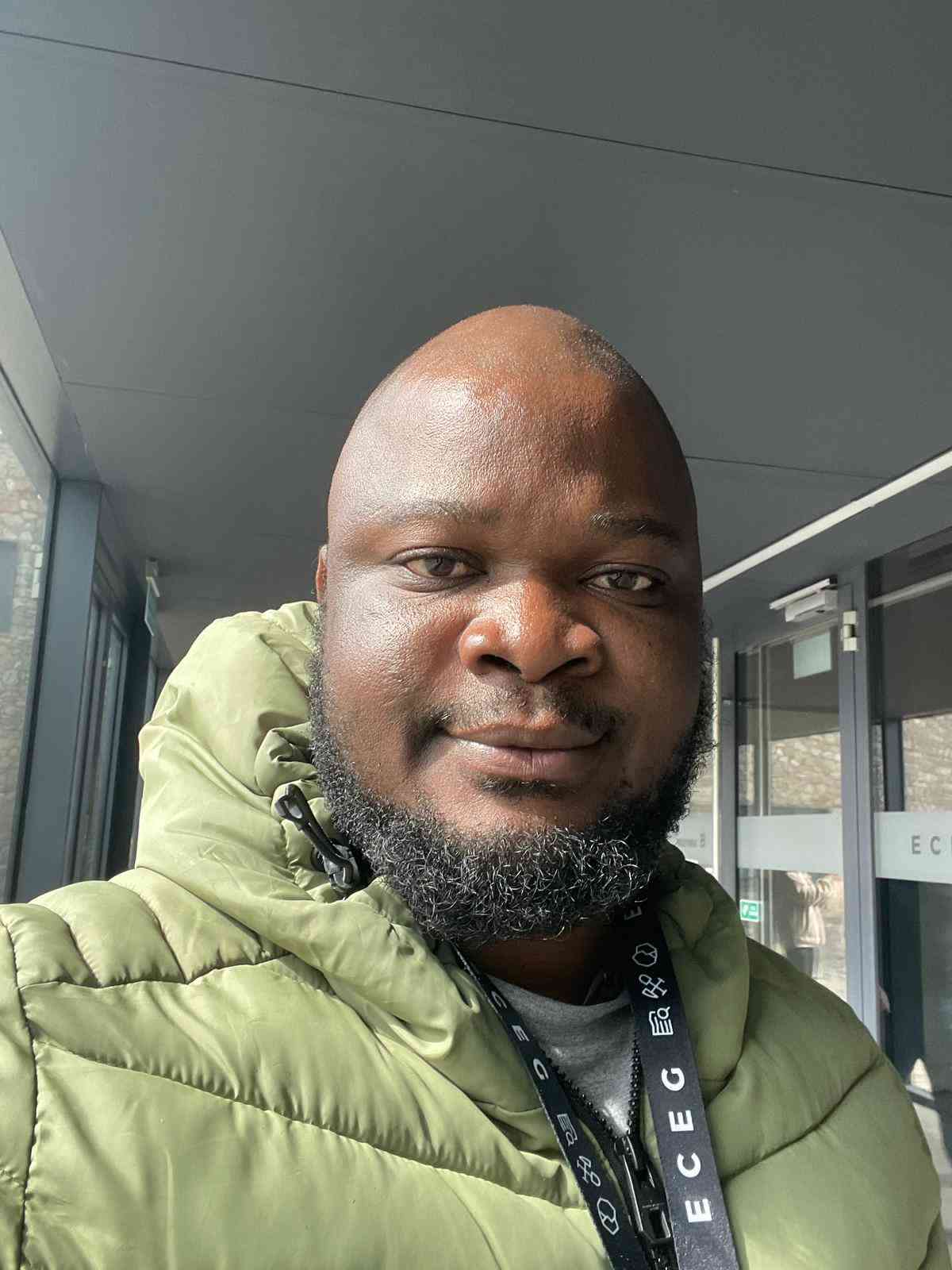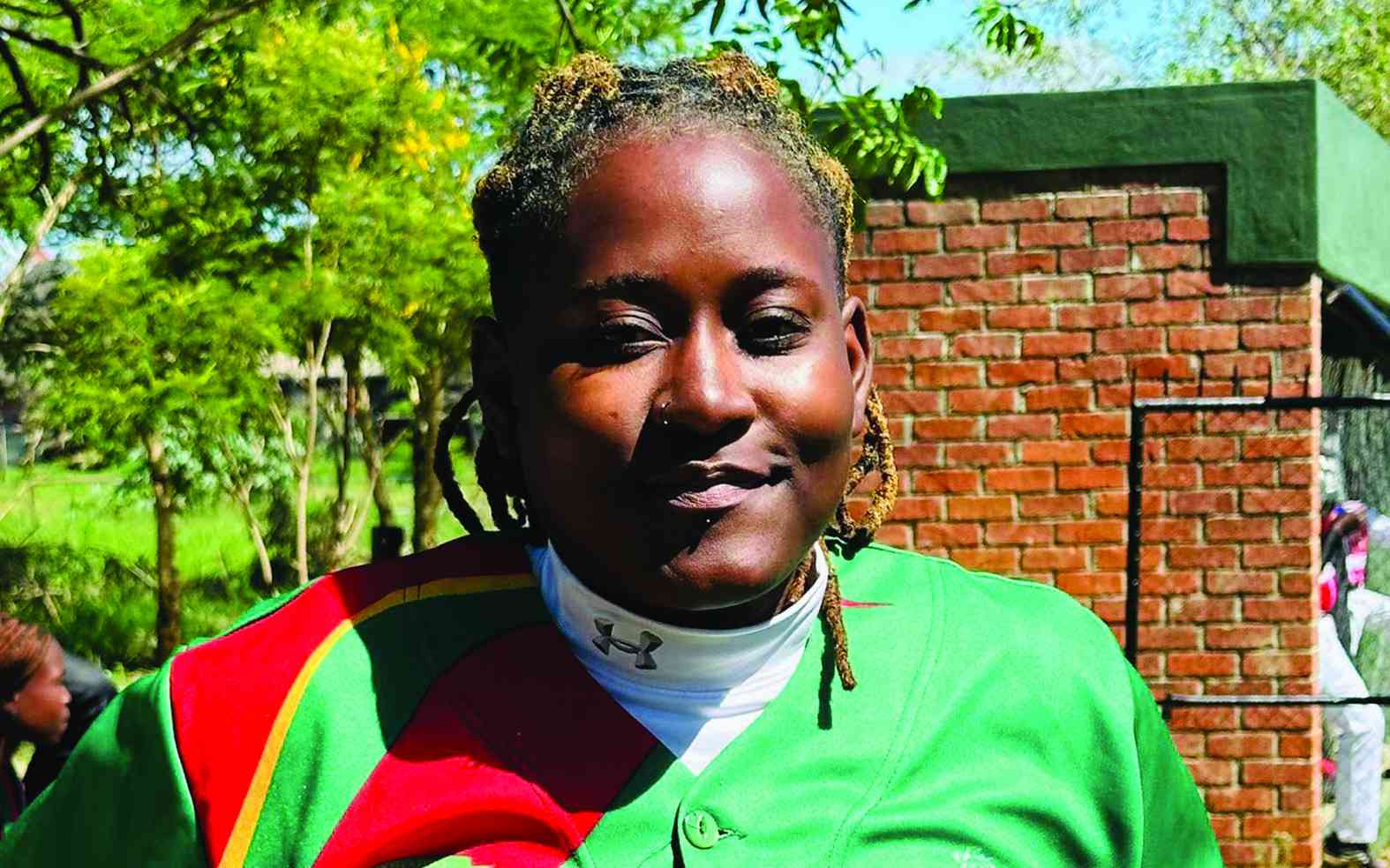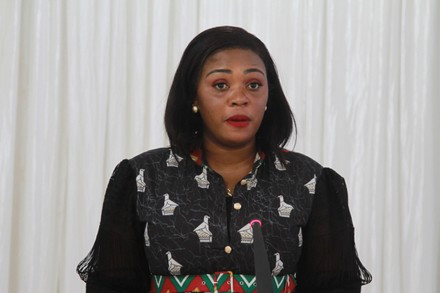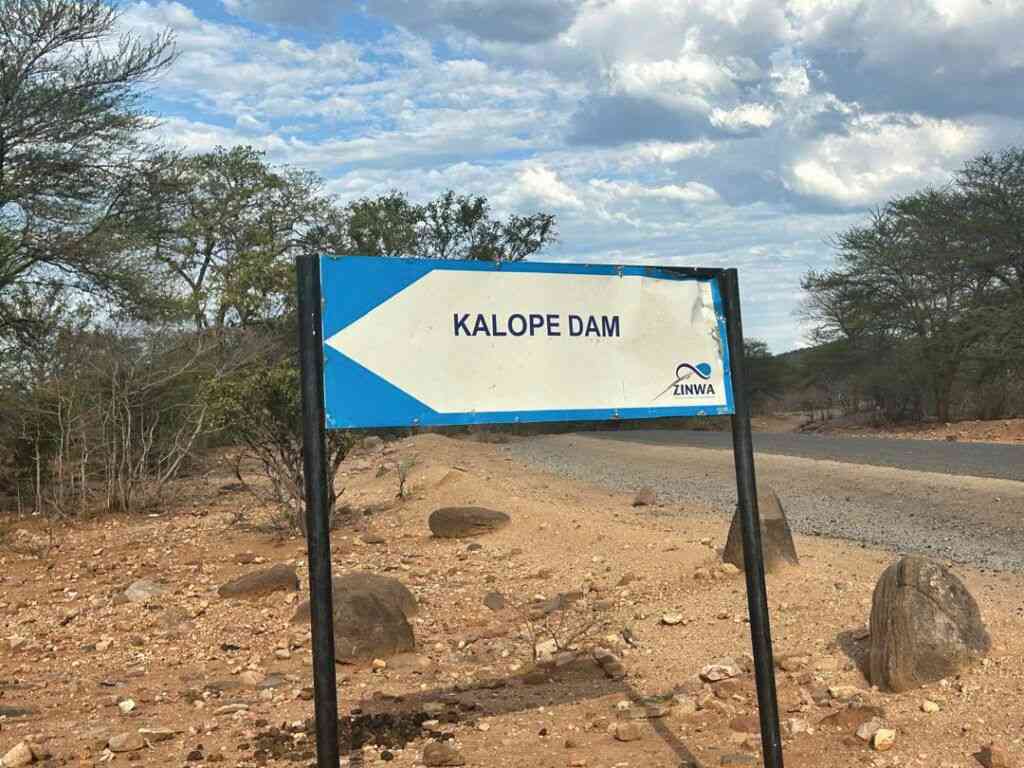
TALENT Mudenda, a Zimbabwean linguistics academic and indigenous language activist, has been awarded the prestigious 2024 OHCHR Minorities Fellowship.
The programme is run by the Office of the United Nations High Commissioner for Human Rights (OHCHR) in Geneva, Switzerland.
Mudenda, originally from Binga, is currently based at the University of Alberta, Canada, where he serves as a research fellow at the Canadian Indigenous Languages and Literacy Development Institute (CILLDI).
Mudenda’s fellowship comes at a pivotal moment for Zimbabwe, where recent developments have led to the official recognition of previously marginalised minority languages.
At the same time, language stakeholders in the country are working on a draft language bill aimed at ensuring legislative support for linguistic rights, which could pave the way for a comprehensive national language policy.
Growing up in Binga, a predominantly Tonga-speaking region in Zimbabwe, Mudenda witnessed firsthand the marginalisation of his language and culture.
This experience fueled his passion for language revitalisation, which he has pursued both academically and through grassroots activism. His dedication to preserving and promoting indigenous languages, particularly Tonga, has earned him international recognition.
Reflecting on his journey, Mudenda shared that his career dream was initially to become the first diplomat from Binga.
- MRP petitions ICC, UN over rights abuses
- Zimbabwean academic wins prestigious UN fellowship
Keep Reading
However, his exposure to the challenges faced by marginalised communities led him to focus on advocacy through language preservation and human rights.
“I realised that language is a powerful tool for diplomacy in its own right, one that can bridge cultural divides and create understanding,” he said.
At the University of Alberta and CILLDI, Mudenda has established himself as a leading advocate for indigenous languages, contributing not only to the revitalisation of Tonga, but also to similar efforts in Canada.
His work emphasises the importance of linguistic diversity and community-driven initiatives, positioning him as a vital voice in both African and North American linguistic circles.
The OHCHR Minorities Fellowship, awarded annually to individuals from minority communities, provides participants with the tools and knowledge to advocate for human rights on a global scale.
Mudenda’s selection reflects his commitment to indigenous language revitalisation and human rights advocacy.
“This fellowship is a significant opportunity for me to bring international attention to the critical issues facing indigenous languages, especially in Zimbabwe, where recent legal advancements offer hope but also highlight the need for stronger implementation,” Mudenda said.
During his time in Geneva, Mudenda will collaborate with other international human rights advocates, building on his research and activism to develop strategies that promote and protect minority languages.
This fellowship coincides with a crucial time in Zimbabwe’s linguistic landscape. In 2013, the country’s constitution recognised 16 official languages, including Tonga, marking a major milestone for minority communities.
However, the practical implementation of this recognition has been slow, with many communities still facing challenges in accessing education, government services, and media in their native languages.
In response, Zimbabwean language stakeholders are drafting a Bill aimed at securing legislative backing for the protection and promotion of these languages.
If passed, the Language Act will create a legal framework to ensure that minority languages are used in public domains such as education, media, and local governance.
Mudenda, who has long been involved in language advocacy, views this as a critical moment for the country.
“The recognition of indigenous languages in the constitution was a victory, but the work is far from over. The forthcoming Language Bill is essential to ensure that these languages are not just legally acknowledged but actively used and promoted,” he said.
Mudenda’s work, at the intersection of research, activism, and human rights, places him at the forefront of both national and international discussions on language policy.
He hopes to use his fellowship to bring insights from Zimbabwe’s experiences to the global stage, while supporting ongoing language revitalisation efforts in his home country.

As Zimbabwe moves toward finalising its Language Bill, Mudenda’s recognition highlights the importance of language in preserving cultural identity and ensuring social inclusion.
His success serves as an inspiration and a call to action for governments, educators, and communities to prioritise the protection of Indigenous languages for future generations.
“We are at a crossroads,” Mudenda remarked.
“With the right policies, community involvement and continued advocacy, we can create a society where no language is left behind.”
For Zimbabwe, Mudenda’s recognition on the international stage comes at a crucial time, as the country seeks to move from mere language recognition to meaningful linguistic and cultural inclusion.











